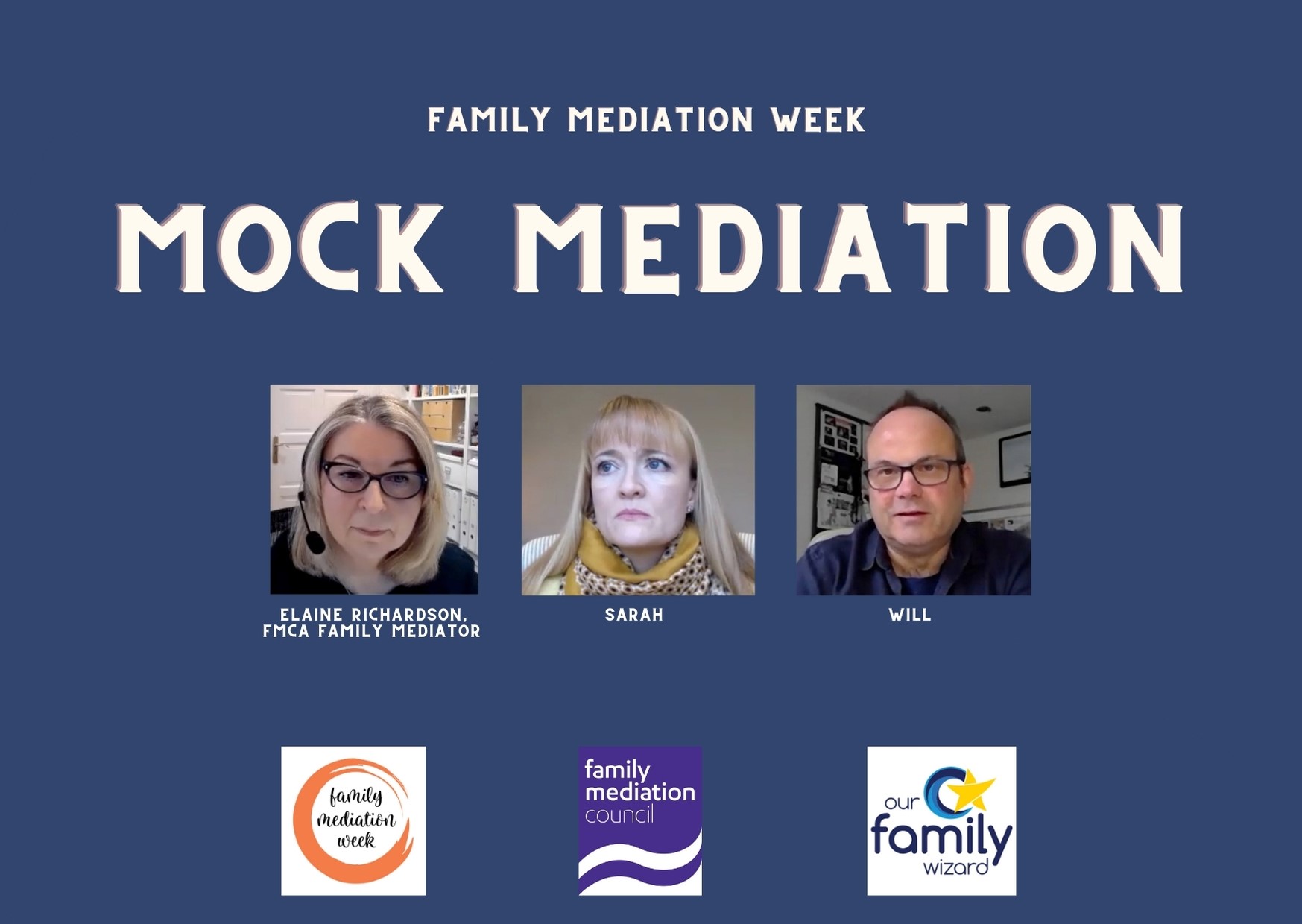Mediation can be misunderstood. Like anything you try for the first time, it can take a while to understand and settle into. So as part of this series of blogs in Family Mediation Week 2021 explanations to demystify and take away some of the fear.
Mediation is fundamentally about communication. Exploring what is behind people’s wants, needs and stated positions. Working through different options. Making sure everyone can be heard and gets equal airplay. Getting to outcomes both parties can live with because some things can’t continue as they had been. Looking for solutions that will make future better than the past and, very importantly, focusing on children where they are part of the family dynamic.
Mediation is a process where, rather than being controlled and being on an expensive conveyor belt that you can’t stop, you are the ones shaping YOUR future.
Mediation starts with a MIAM during which the mediator will generally see both separately. Then both will work together with the mediator over as many joint sessions are necessary to get to an agreement. Sometimes as quick and simple as one session. Sometimes 4-5 (and everything in between).
What do people talk about in mediation? Usually, the two main things on their mind at divorce / separation are their kids and their finances.
If you have children together, they come first. Working out where they spend their time can seem daunting but there are lots of resources available and help is most certainly at hand through mediation. (I will say more about this on day 4.)
On the money side, the problem that each separating family face, whether rich or poor, is this: you previously had all the family living in one house (funded by either 1 or 2 incomes) – now there are going to be two separate houses with two sets of expenses and perhaps additional childcare costs arising from that. Then the tricky questions like who can stay in the house and who must move out? Or, what about our debts? Or what about the pension that only one person had been contributing to?
Mediation is a space in which to understand your finances and then work out the best option for dividing them fairly between you. One benefit to mediation is that there is scope to discuss finances much more fully and make sure that something important to you doesn’t get overlooked. For example, if you’re in court, there is a limited number of orders a judge can impose. Things like how the contents get divided fairly or how liabilities are managed may not get much air play.
In mediation, we can also have the important conversation about what happens if one of the parties were to die, particularly if there are children involved. What happens then to child maintenance that was being paid if that parent dies? What happens for a working parent if the other parent dies whilst there are still young children? Most separating couples agree that they want to protect whatever they now have for the benefit of their children in the future and that can all be discussed and planned in mediation.
Don’t be daunted by finances. It is manageable with mediation and there is a way forward. And to help even more, a short video is going to be available showing what happens.

